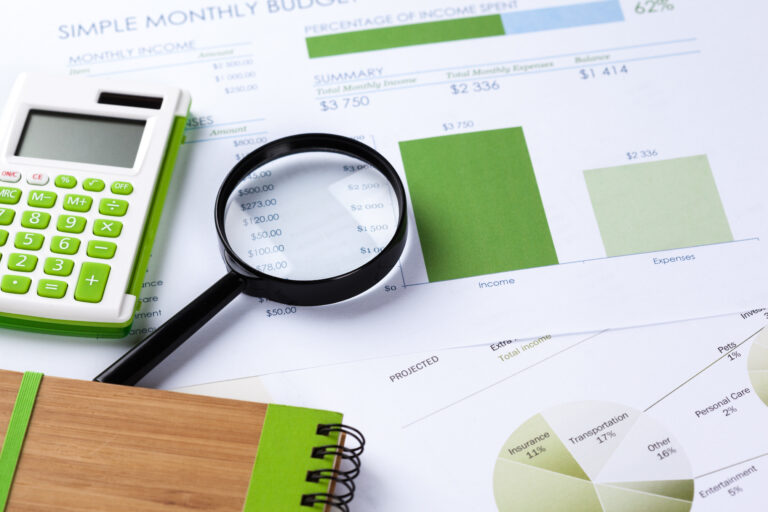1. Ensure your financial reports are accurate so you can plan your business.
If part of your income is ‘cash’ (i.e no invoice is given, cash is received in your hand or paid and you don’t record it in your accounting system), you cannot print a Profit and Loss report to see where your business is making a profit or loss, but the income and expense totals will be incorrect. You have no way of knowing whether you make a profit or a loss on paper. Sure, you can keep a separate record, but there’s a lot of extra work and you take the risk no one will find it. Any advisors you engage, like your accountant, business coach etc. may find your model frustrating and difficult to work with. When all your income and expenses are reported, you can confidently plan for your business based on historical and projection data.
2. Improve your business ‘Saleability’.
If you intend to sell your business, the prospective buyer will ask to see the financials. These will not be accurate if you deal in cash (off the books). How can you prove the extra income is received in cash? If you intend to sell your business, the ideal scenario is one where you can show your prospective buyer a healthy profit and loss report upon which they can decide whether it is a good investment for them.
3. Maximise your deductions.
If you enter all your expenses through the books, you can maximise the deductions your business can claim at tax time. This will minimise your tax liability and keep you more inline with industry benchmarks. In addition, entering all your expenses will ensure you get the GST refund for those expenses (that usually contain GST anyway).
4. Sleep at night.
We all know it is illegal to receive cash or pay in cash and not record these transactions to the ATO. Trade Based Money Laundering carries significant penalties, and there are divisions of the ATO and other organisations looking out for this. There are reporting techniques and industry benchmarks that are used to alert the ATO to businesses hiding income and expenses. They consider this a very serious problem and are intent on stamping it out. Some industries have noticed significant improvement due to these techniques. If you want to sleep at night without worrying about the potential threat of an ATO audit, keep it simple and record all your transactions.
5. Improve your cashflow.
This may sound a little odd, but businesses that put everything through the books and refuse cash, have a better cashflow. The reason is, when cash is freely received, it is much more easily spent. If you don’t have any control over your spending (whether its cash or business funds, or personal funds), your cashflow will suffer.
One business owner I always think of when discussing this topic is Dale. He ran a takeaway restaurant and took a lot of cash on the side. He paid most of his staff in cash and put some small amounts through the books to keep the taxman happy. After repeatedly ignoring my advice, he continued. 3 years later, he owed $24K in super to the ATO, $150,000 in GST and PAYG, couldn’t pay his bills and had to close the restaurant. He almost lost his home. He just never seemed to have any money, and when I asked him if he was making a profit, he said ‘I think so’.
By recording all your business activity, you can plan your cashflow and ensure there is always money put aside to pay the GST, Super, Tax and other payables. By taking out a regular ‘wage’, you ensure you never overspend using the business funds. Treat your business like you are care-taking someone else’s business and you’re more likely to succeed. Would you overdraw your bosses bank account?






